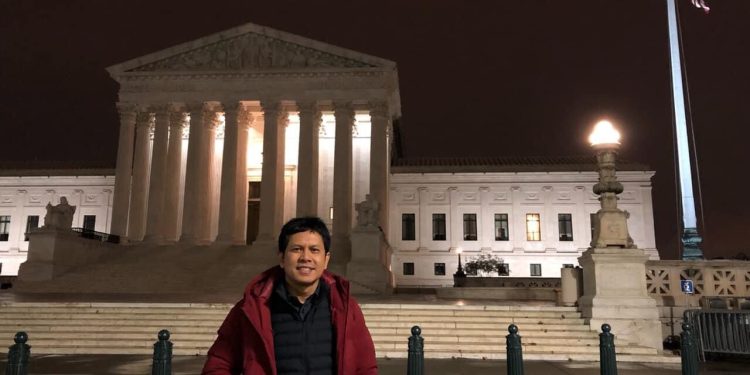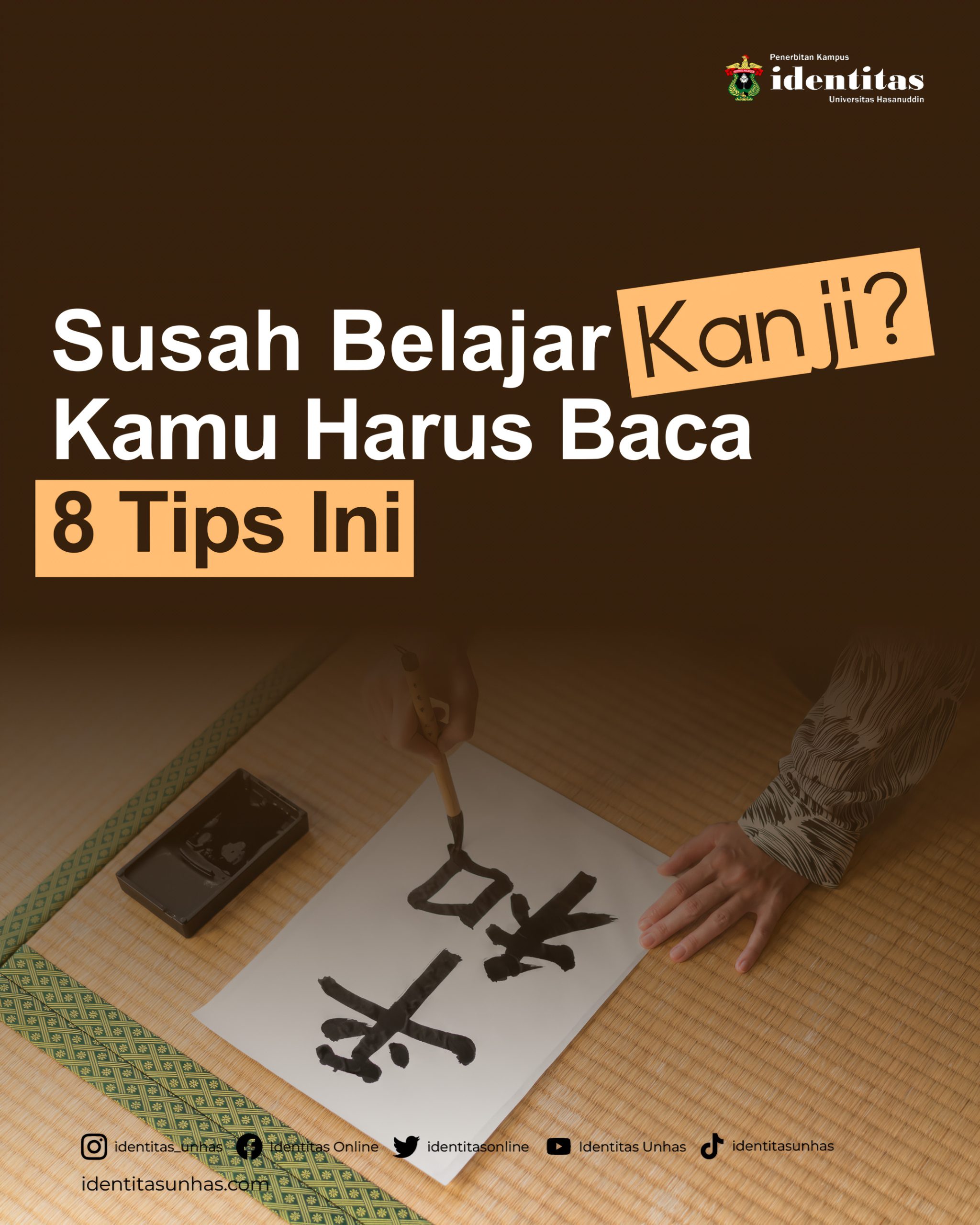Aside from teaching and helping people, a lecturer’s main job is to do research. The number of publications a professor has is one way to measure how productive they are. The Top 2 percent World Ranking Scientists, which was put out by Stanford University, is one way to look at how productive lecturers are.
This list is a scoring matrix made from a database of more than 100,000 of the world’s best scientists. This database has standard information on citations, h-indexes, hm-indexes adapted for co-authoring, and aggregated indicators. The results of the rankings were released on Wednesday (20/10) in a scientific paper called Data for Updated Science-Wide Author Databases of Standardized Citation Indicators.
Prof. Dr. drg. Muhammad Harun Achmad Sp KGA MSc K KKA, a lecturer at Hasanuddin University’s Faculty of Dentistry, was named the most influential scientist in the world by Prof. John Ioannidis, Jeroen Baas, and Kevin Boyack from Stanford University and Elsevier BV.
Harun is the only research lecturer at Hasanuddin University to make the list of the top 2% of scientists in the world. He is also the only scientist on the list with a background in dentistry.
He said he never thought he would get this award. “So far, I’m just a lecturer at Hasanuddin University,” he said in an interview on Wednesday (1/12). “As a lecturer, I teach, do research, and serve the community.”
Harun also said that his own work was what made him want to become a writer and researcher. He also said that a lecturer must have an academic mindset and focus on the main work, which is teaching, doing research, and helping people. “That made me want to learn more and keep a journal,” he said.
Since 2016, this man from Maros has been researching and writing. Harun has written 133 Science and Technology Index journals (Sinta). The H-index Scopus 13 and the H-index GS 17 are also included. This is why he is on the list of the most important researchers in the world.
This Faculty of Dentistry Hasanuddin University professor has done a lot of research and volunteer work in the community. With a lot of research on biology, oral cancer, the use of herbal medicines that stop germs from growing in the mouth, and the dental health of children, most of which are related to health.
Harun is a young professor at Hasanuddin University who in 2019 was named a superior researcher. He has won a lot of prizes, and one of them was being picked as a national reviewer. He has also written many things, including 10 books with scientific writings.
He worked with a lot of people when doing research, of course. Such as the “Diagnostic of Dentosmart EMG Orofacial Muscle Contraction” project, which was done in partnership with professors of Informatics Engineering and Electrical Engineering at Hasanuddin University.
This tool is used to measure the strength of orofacial muscle contractions in order to stop children from getting crooked teeth, also called malocclusion, from the time they are young and growing up until they are in their teens. With this tool, it is possible to find out if a child has crooked teeth. Then you can avoid this by fixing the tooth muscles as soon as you can.
The man who was born in 1971 said that there is no tool in Indonesia that can check for tight muscles in the face and find problems with facial muscles. At first, he went to Japan to buy a similar tool, but it turned out that the Japanese did not want the tool to be brought to Indonesia. “Because I couldn’t get the tools I needed abroad, I wanted to make my own,” he said.
At the end of the chance, Harun said that he hoped Hasanuddin University would make policies in the future that would help researchers a lot. He also asked the lecturers at Hasanuddin University to keep doing their jobs, which are to do research and serve.
A graduate of the Hasanuddin University’s bachelor program also said that writing and quality of the college were affected by accreditation and quality. “We lost to other colleges because we didn’t have the right process. To compete with other colleges, we need to be able to work together. I hope that in the future, my colleagues will pay more attention to getting as much work done as possible “He was done.
Original Writer: Nur Alya Azzahra
Translated by: Corvi Dipda S.


